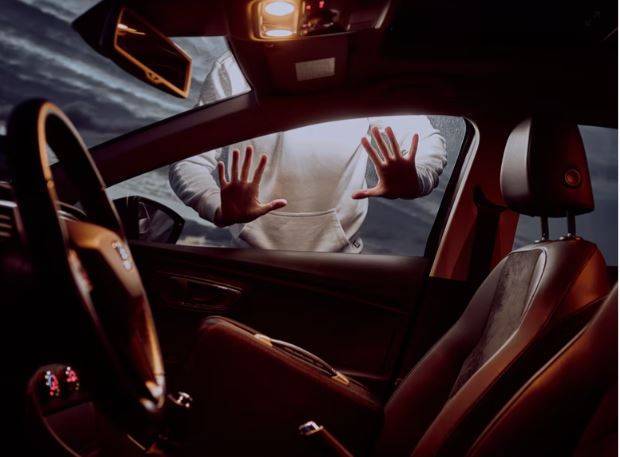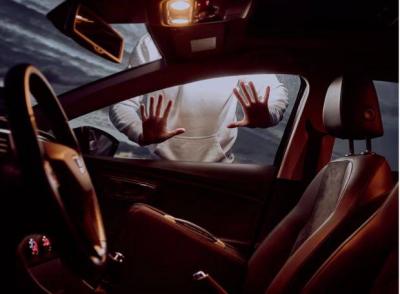Last week, a Lebanese woman named Aida found herself thrown to the ground on a street in the Nuwairi area of Beirut after two young men on a small motorcycle snatched her bag and pushed her down before fleeing. As a wife and mother of three, Aida did not expect this incident to happen to her "at least not in broad daylight," even though her husband, friends, and family had recently been discussing robbery incidents occurring to people around them, whether at work, in their neighborhoods, or among friends.
Aida suffered bruises and a wrist sprain from falling to the ground. Despite calling for help from passersby who rushed to provide first aid, no one chased after the thieves. She confirms that an investigation has been opened at the Basta police station, but for her, the bag and its contents have become "a thing of the past, they won't come back."
The number of thefts and pickpocketing incidents is increasing in Lebanon. While these crimes used to occur at night in dark, deserted streets, they are now taking place in broad daylight amidst crowds and traffic. Traditionally, pickpocketing focused on stealing bags; however, a new yet old phenomenon has emerged recently, which is the theft of mobile phones, especially since they are sold for cash dollars amid the worst economic crisis hitting Lebanon.
In her twenties, Rasha shared with "Asharq Al-Awsat" that her phone was snatched in broad daylight during rush hour in the old Sidon road area (suburbs of Beirut). She explains, "While I was sitting in my car stuck in traffic, a motorcycle passed by, and the rider snatched my mobile phone, which was on the seat beside me by the window, and sped away."
She says, "I screamed and called for help, but no one could catch him or perhaps did not want to stop him for fear he might be armed." She adds, "Thank God I had my bag, with my wallet and laptop on the back seat of the car, but my loss is very significant; the phone that was stolen costs 700 dollars today, and I won't be able to buy another phone at that price," adding, "I filed a report, but I doubt the security forces will be able to recover it."
In a similar incident, a young man named Ibrahim had his mobile phone snatched while standing at the edge of the sidewalk in front of his apartment in the Wata Musaitbeh area (Beirut). Although he managed to retrieve his phone through individual efforts with "local youth," he tells "Asharq Al-Awsat," "These pickpocketing incidents occur alarmingly often; we hear about one or two cases almost every day."
Recently, many citizens have been posting on social media about the thefts and pickpocketing incidents they face, with some even sharing video clips of young men executing their crimes in the blink of an eye, expressing their fears about the lack of security and safety in all areas.
In this context, security sources explain to "Asharq Al-Awsat" that statistics indicate a 16% decrease in pickpocketing incidents between 2020 and 2021, and law enforcement is fulfilling its duty to maintain security and safety. However, the paradox in 2022 is the resurgence of mobile phone thefts, which though not new, have recently increased due to the economic crisis gripping Lebanon. They point out that "this phenomenon has risen significantly lately and is a concerning issue for citizens to be aware of and take precautions against."
The sources also highlight that "the rise in mobile phone thefts is linked to the increase in their prices in dollars and the ability to sell them for cash, leading to substantial profits in hard currency for the thief, as the thief is also seeking to obtain dollars." They urge citizens to stay vigilant while using their phones in the street, keeping their backs to walls rather than the road, which makes it more difficult for thieves, closing the car windows even when inside, and avoiding phone use during traffic jams.




